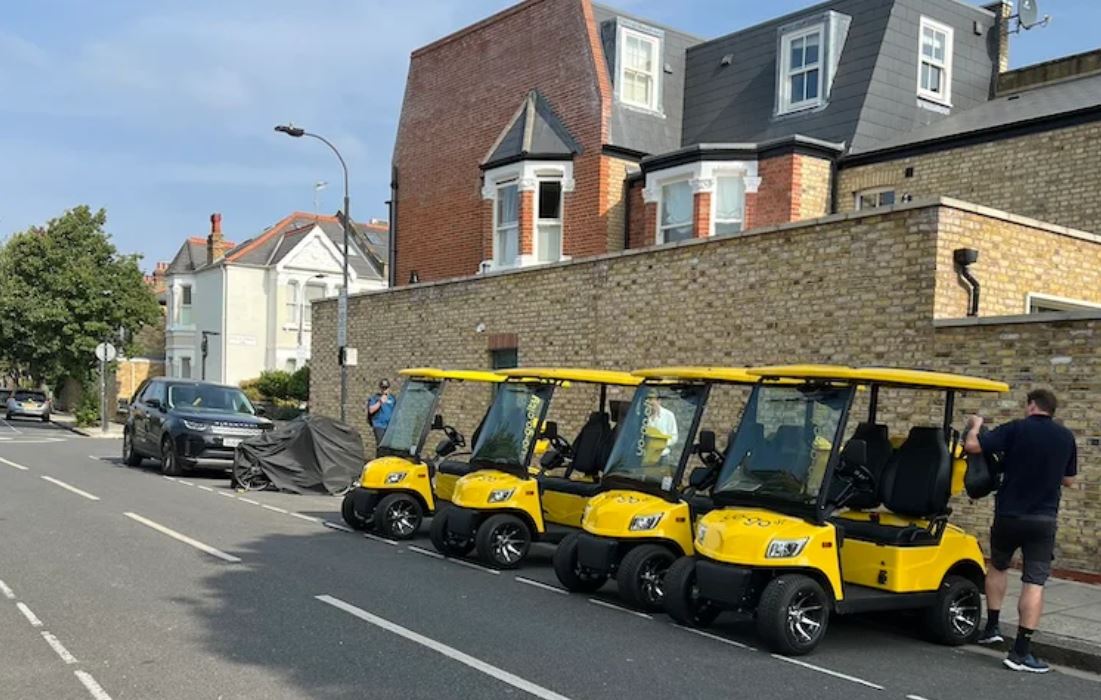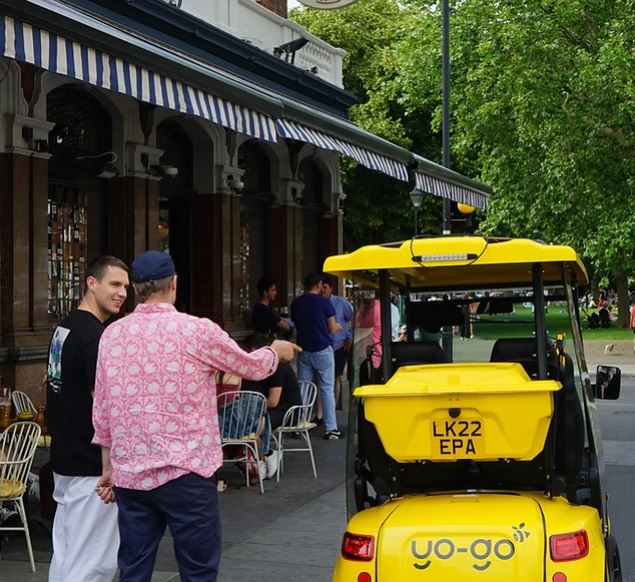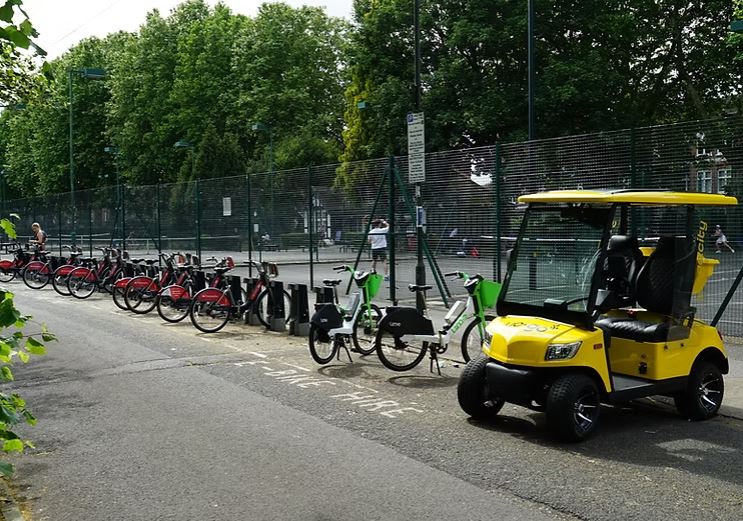
Yo-Go, a UK-based start-up, has launched a pilot scheme in Fulham featuring its Neighbourhood Electric Vehicles (NEVs), which could present new opportunities for businesses seeking sustainable transport solutions.
With a fleet of 10 small, bright yellow electric vehicles, Yo-Go aims to disrupt urban transport by offering a low-cost, low-emission alternative tailored to congested cities.
The NEVs, designed for urban journeys, cost £6,000 per unit and feature a range of 35 miles, enhanced by solar panels on their roofs. They are road-legal, equipped with number plates, and have a maximum speed of 23mph. While currently operating as a pay-as-you-go rental service at 20p per minute, the model demonstrates potential scalability for fleet leasing and other commercial applications.


Addressing urban congestion and sustainability
Sam Bailey, CEO and inventor of Yo-Go, envisions the vehicles as a solution to some of the most pressing issues in urban mobility: congestion, pollution, and accessibility. He told the BBC: “We’ve designed a transport option that is affordable, low-emission, and safer for both drivers and vulnerable road users like cyclists and pedestrians,” he explained.
The vehicles’ compact size and limited speed are deliberate choices aimed at reducing congestion and improving traffic flow. This approach aligns with broader urban planning trends that prioritise micro-mobility and reduced car dependency.
Business potential in micro-mobility
While Yo-Go’s pilot is consumer-focused, the concept is likely to draw interest from local authorities, delivery services, and businesses with last-mile transport needs. The vehicles’ affordability, sustainability credentials, and exemption from parking fees in Hammersmith & Fulham make them a compelling option for organisations prioritising ESG goals and cost-efficiency.

US Tariffs are shifting - will you react or anticipate?
Don’t let policy changes catch you off guard. Stay proactive with real-time data and expert analysis.
By GlobalDataThe company’s ambition to scale from 10 to 50 vehicles in the borough signals its readiness for broader commercial engagement. For businesses in logistics, retail, or shared mobility, the NEVs could offer a practical solution to navigate London’s Ultra Low Emission Zone (ULEZ) and support corporate sustainability strategies.
A competitive landscape
Yo-Go enters a crowded market where micro-mobility solutions like e-bikes and e-scooters are already established. However, these alternatives face challenges, such as limited cargo capacity and concerns over safety and regulatory compliance. Yo-Go’s vehicles address some of these gaps by offering more stability and utility without requiring additional infrastructure.
The pilot also reflects broader shifts in urban transport policy, with cities increasingly encouraging alternatives to traditional cars. While schemes in London have seen success, international experiences, such as Paris’s ban on rental e-scooters due to safety concerns, underscore the importance of regulation and design in fostering public trust.
Sam Sheehan, motoring editor at cinch said: “The new Yo-Go e-buggies in Fulham could be a game-changer for tackling London’s traffic congestion and introducing more people to eco-friendly travel.
“New and less environmentally damaging ways to get around the city are always welcome, and these Neighbourhood Electric Vehicles are ideal for people who don’t fancy hopping on an electric bike.”
Growth engine
Yo-Go, operated by Tanji Mobility Limited, was incorporated in 2023 and is still in its early stages. The company’s focus on low-emission transport aligns with growing demand from businesses and municipalities for sustainable mobility solutions.







